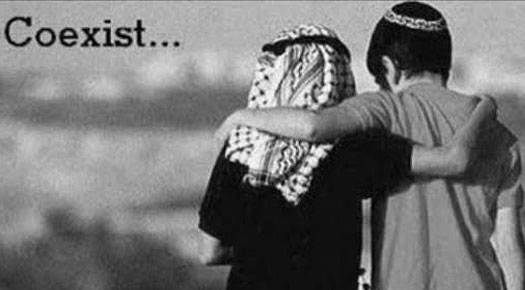
In the region around Gush Etzion, an Israeli settlement on the West Bank, Shaul David Judelman collaborated with his Palestinian friends on November 18 to write a letter to Mahmoud Abbas, President of Palestinian Authority, seeking help. The group of friends asked Abbas to order clerics at Al Aqsa, a mosque in Jerusalem that is considered the religion’s third holiest by Muslims, to go to schools and madrasas and teach students the urgency to calm the city. The letter also stated that Jerusalem has been feeling differently these days, as religious tension continues to grow in the region.
“There is definitely a different tone echoing through the last two months,” Judelman, an American who has lived in the Bat Ayin settlement for more than 13 years, said in an interview, citing armed attackers a who stormed a synagogue on Tuesday, killing four rabbis and a police officer.
A couple of weeks ago, a Palestinian attempted to kill an Israeli activist who was demanding more access for Jews in the area around Al Aqsa, which stands on top of a hill and is considered a holy structure by members of both faiths. While both Jews and Muslims are allowed to visit the mosque, only the latter is allowed to pray there.
Even though the level of violence between Palestinians and Israelis seems to have increased of late, Judelman, leader of Shorashim Judur, an interfaith group that enables Palestinians and Israelis to engage in cultural exchange and education programs, says religion can function in a different way.
“People involved in the dialogues and initiatives we're working on are there from their religion, not in spite of it,” he said.
What has been an increasingly political conflict with a mere religious shadow – one where talks are about borders, checkpoints, settlements, bombs and nationality – has recently become more and more vicious. Demand for access to sites in Jerusalem’s Old City, where Muslims believe Prophet Mohammad ascended to heaven and where Jews claim their ancient holy temples are situated, have instigated accusations from both sides, leading to a religious war. But interfaith activists like Judelman and some clergy members are trying to understand how religion can be used to ease this tension among Israelis and Palestinians.
“Our conflict has become both a national one and a religious one. Religious extremism, with the help of the mainstream media, is carrying the day,” said Rabbi Ron Kronish, director of the Interreligious Coordinating Council of Israel, which includes Christians, Muslims and Jews and focuses on interfaith dialogue and action, such as prayer gatherings. “We need more moderate voices to speak out.”
Tensions started to increase after Palestinians abducted and killed three Israeli teens, followed by Israelis carrying out a similar attack on a Palestinian boy earlier this year. Foreign editor of Alhayat Aljadeeda Khaldoun Barghouti said the abductions that took place during summer this year followed by the Gaza-Israel strife is connected to the recent violence that took place in Israel.
“With the despair because of peace process failure, the rising extreme discourse ... accompanied by actions to divide Aqsa between Muslims and Jews, and with the ongoing cycle of violence, the possibility that conflict will turn to be on religious basis is very strong,” said Barghouti.
Abbas, who criticized the recent killings at the synagogue, had earlier accused Israel of instigating a religious war.
Photo Credits: The Huffington Post
